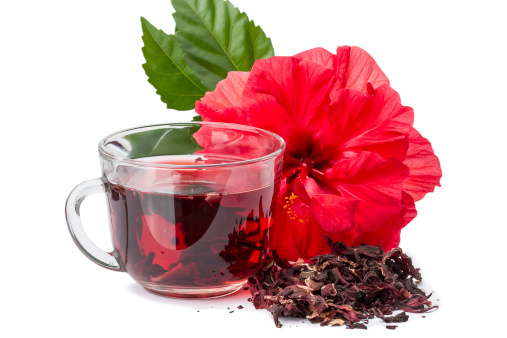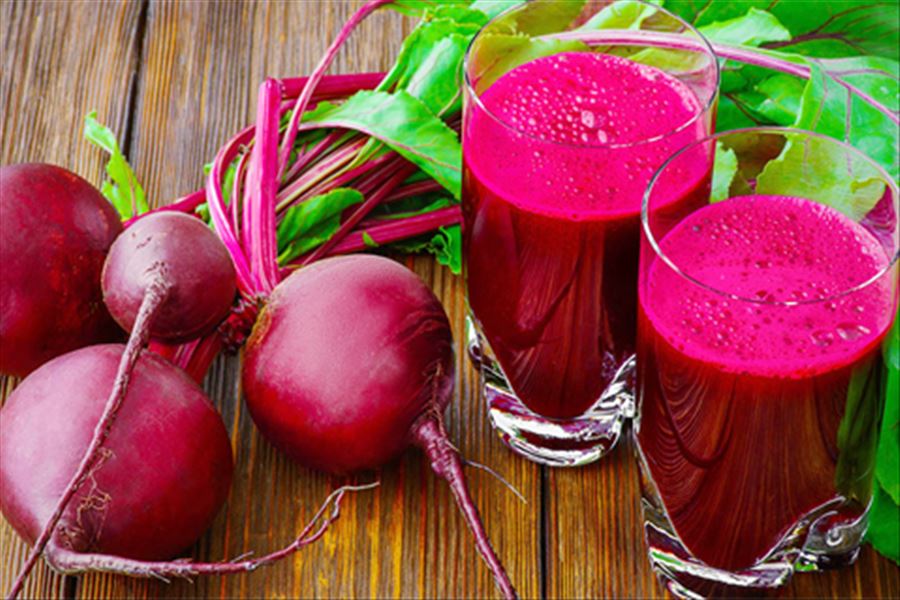My darlings, today we have Dr. Sarah Brewer back on the blog. Dr. Sarah Brewer is a Registered Doctor, a Registered Nutritionist, a Registered Nutritional Therapist, and an award-winning health writer. Today she gives us information on surprising ways we can lower our blood pressure. Happy learning!

Surprising Ways To Lower Your Blood Pressure
Are you among the one in three people with elevated blood pressure? In the US, this is now defined as having a reading above 120/80 mmHg? If so, your doctor will have provided standard diet and lifestyle advice such as reducing salt and alcohol, losing any excess weight, exercising regularly, avoiding stress and, if you smoke, doing your utmost to quit. They may also have mentioned the DASH diet (below).
Other changes you can also help lower your blood pressure and help your antihypertensive medication work more effectively. I highly recommend the following tips:
1. Follow The DASH Diet
The Dietary Approach to Stopping Hypertension (DASH) diet is based upon the healthy Mediterranean way of eating–but without the pasta and pizza. Use olive oil and garlic during cooking, concentrate on fruit, vegetables and nuts, select low-fat dairy products, and choose fish and chicken rather than red meat. Cut right back on salt, saturated fat, sugar and refined carbohydrates.
This approach can lower your blood pressure by as much as 11.5/5.7 mmHg within a mere 30 days. Click here to find out how to follow DASH..
2. Eat Fewer Potatoes
Potatoes do not count as one of your 5-a-day, as they quickly raise blood glucose levels. They’re also associated with high blood pressure. Eating baked, boiled or mashed potatoes four or more times a week is associated with an 11% increased risk for developing hypertension compared to those who eat less than one serving per month. Eating french fries carries an even higher associated risk at 17%.
Switch to delicious sweet potatoes instead. They have much less of an effect on blood glucose levels and offer additional health benefits.

3. Drink Hibiscus Tea
Brewed from the red calyx of a tropical plant known as Roselle, Hibiscus tea antioxidants improve the elasticity of blood vessel walls so they dilate more easily. It also has a diuretic action to flush away excess salt and fluid.
Drinking hibiscus tea made with 10g dry calyx every day before breakfast can lower high blood pressure by 15/11 mmHg. It has been declared as effective as the prescribed drug, captopril.
4. Eat More Yogurt
The probiotic bacteria present in live yogurt can produce a substance that lowers blood pressure and interacts with the immune system to reduce inflammation. Yogurt also supplies calcium, which has a blood pressure lowering effect.
Studies involving over 275,000 nurses and 50,000 male health professionals found that those who ate yogurt at least five times per week were around 25% less likely to develop high blood pressure than those who ate the least.
5. Switch to Grana Padano Cheese
Grana Padano is a hard Italian cheese with a grainy texture similar to Parmesan. The particular strain of probiotic bacteria used during its production releases polypeptides that mimic some antihypertensive drugs (ACE inhibitors).
Eating 30g Grana Padano per day can lower blood pressure by 12/8 mmHg within two months.
6. Sip Coconut Water
Coconut water is an excellent source of calcium and magnesium, which help blood vessels to relax so that blood pressure decreases. Compared to plain bottled water, drinking coconut water daily for two weeks lowered blood pressure by as much as 24/15 mmHg in some cases. Check the labels to avoid sweetened coconut water with added sugar–only pure coconut water will do.
7. Sprinkle on Flaxseed
Ground flaxseed is a great source of plant hormones that provide an estrogen boost around menopause and also help to lower blood pressure too. Eating 30g of ground flaxseed per day, sprinkled over food or added to smoothies for six months, lowered blood pressure by 10/7 mmHg for people with established hardening of the arteries compared to a placebo. In those whose blood pressure was highest at the start of the trial, blood pressure improvements were even greater at 15/7 mmHg for those consuming flaxseed.
The researchers concluded that flaxseed produced one of the most powerful antihypertensive effects ever seen from a single food.
8. Love Beetroot

Beetroot contains substances known as nitrates. Bacteria living naturally on your tongue work to convert these nitrates into nitrites. When absorbed into your circulation, these nitrites raise levels of nitric oxide: one of the most powerful blood-vessel-dilating substances.
Drinking 250ml beetroot juice a day or eating 100g of cooked beetroot can lower blood pressure by 7.7/5.2mmHg. It tastes great, too!
9. Discover Black Garlic
While eating two or three fresh garlic cloves every day may be socially challenging, it can lower blood pressure enough to cut your risk of a heart attack or stroke by up to 40%. Aged-garlic extracts, especially black garlic, are even more powerful. They are also kinder on your breath, as the smelly compounds have been converted into non-smelly yet stronger antioxidants.
Black garlic supplements can lower your blood pressure by an average of 6.71/4.79 mmHg, compared to placebo.
Do you have high blood pressure? Is it well-controlled? What changes have helped you bring it down? For more information visit MyLowerBloodPressure.com
 Dr. Sarah Brewer MSc (Nutr Med), MA (Cantab), MB, BChir, RNutr, MBANT, CNHC, is qualified from Cambridge University with degrees in Natural Sciences, Medicine and Surgery. After working in hospitals and general practice, she recognized that many illnesses have a dietary basis and studied for a Master’s in Nutritional Medicine. As well as being a registered doctor, Sarah is also a Registered Nutritionist, a Registered Nutritional Therapist, and an award-winning health writer: https://drsarahbrewer.com.
Dr. Sarah Brewer MSc (Nutr Med), MA (Cantab), MB, BChir, RNutr, MBANT, CNHC, is qualified from Cambridge University with degrees in Natural Sciences, Medicine and Surgery. After working in hospitals and general practice, she recognized that many illnesses have a dietary basis and studied for a Master’s in Nutritional Medicine. As well as being a registered doctor, Sarah is also a Registered Nutritionist, a Registered Nutritional Therapist, and an award-winning health writer: https://drsarahbrewer.com.

+ show Comments
- Hide Comments
add a comment